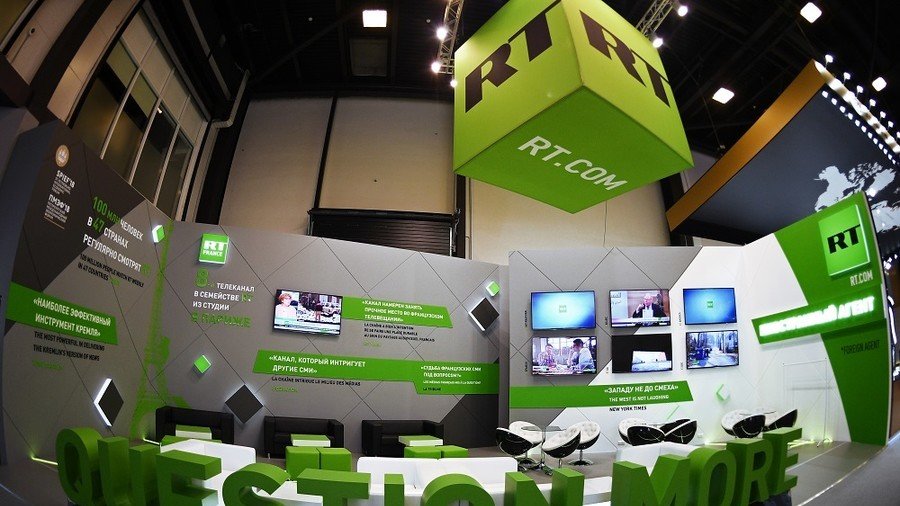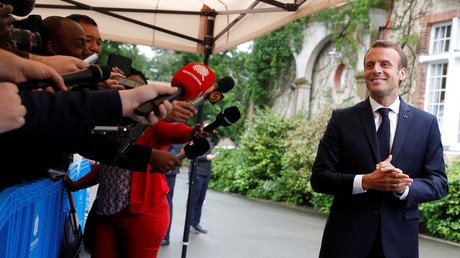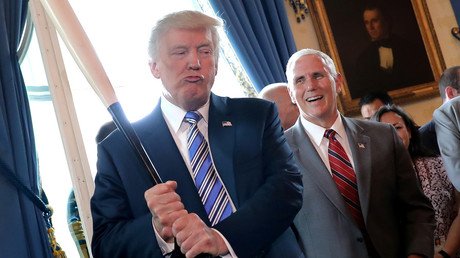Allergy to other viewpoints? Russian senator slams proposed blacklisting of RT & Sputnik in France

A report authored by two government-linked think tanks that calls on the authorities to deny accreditation to RT and Sputnik reveals the West's fear of the freedom of speech, a Russian senator has argued.
The Institute for Strategic Research of the French Defense Ministry (IRSEM) and The Centre for Analysis, Planning and Strategy (CAPS), linked to the French Foreign Ministry, issued on Wednesday a joint paper on the spread of disinformation and how to combat it.
The report urges the French government to “name and isolate” news outlets that are deemed “foreign propaganda organs.” Citing comments by President Emmanuel Macron, who accused RT and Sputnik of acting as “bodies for influence and false propaganda,” the report advises: “It is necessary not to grant [these organizations] accreditation and not to invite them to press conferences for journalists.”
Responding to the paper’s remarkable recommendations, Senator Konstantin Kosachev, the head of the Russian Upper House Committee for International Relations, noted that perhaps France has forgotten what free press looks like.
“After all, this is now a general trend in the West: Democracies proud of their freedom of speech have started to become seriously afraid of it. Decades of the unanimous mainstream seem to have relaxed both journalists and their audience, who are simply not ready for real competition of opinions (and it's about opinions, not facts – because ‘highly likely’ in a normal situation is not considered to be ‘a fact’),” Kosachev wrote on his official Facebook page.
The report also offers a helpful list of ways to detect and counter information “threats” posed by undesirable communities. But weeding out dissent seems more suited for an authoritarian state, Kosachev reminded.
“Apparently, this is what we are talking about: they need to promote the ‘only true’ point of view at any cost (the European Commission even suggested introducing media literacy courses in schools – evidently to start to scare children with terrible RT and Sputnik), and to simplify the task they resort to the beloved instrument of authoritarian states – prohibitions on dissenting media. Somewhere we have already seen all this ... Is this the ‘European USSR’?”
Moscow has already pledged to respond if the proposed blacklist was put into effect. Andrey Klimov, the head of the Federation Council's Commission for State Sovereignty Protection, warned that targeting RT and Sputnik would likely affect "sensitive" spheres within Russian-French relations. However, he emphasized that he hoped that common sense will prevail.
The latest French report also foresaw possible questions that may come to one’s mind – what about mainstream media? The paper accepts that any media can freely defend its point of view and even admits that Al-Jazeera, CNN, BBC or France 24 contribute to the influence of Qatar, the US, the UK and France, respectively. However, it argues, that there is “benign misinformation” and that false information is not in itself problematic. The attention should focus on those “that have a negative effect or at least a hostile intent,” the paper said.














